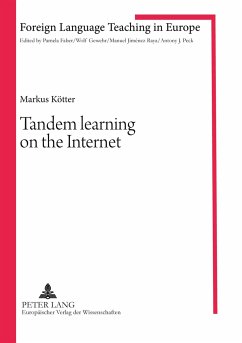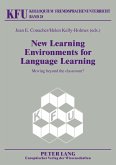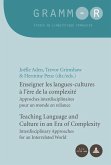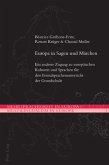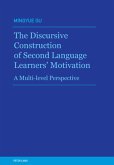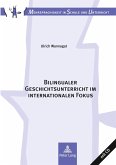The study investigates interactions between 29 tandem partners from a German and a North American university, who met twice a week in a text-based online environment that allowed them to communicate with each other in real time via a computer keyboard. The analysis focuses on learners' codeswitching, negotiation of meaning, error correction, and the use of specific spellings and punctuation.
The data suggest that most partners complied with the principle of reciprocity and that the non-threatening atmosphere of the MOO encouraged them to test their hypotheses about their L2. Moreover, the analysis revealed a noticeable increase in learners' awareness of the target language. All students frequently engaged in negotiation of meaning, but there was a conspicuous absence of corrective feedback.
The data suggest that most partners complied with the principle of reciprocity and that the non-threatening atmosphere of the MOO encouraged them to test their hypotheses about their L2. Moreover, the analysis revealed a noticeable increase in learners' awareness of the target language. All students frequently engaged in negotiation of meaning, but there was a conspicuous absence of corrective feedback.

